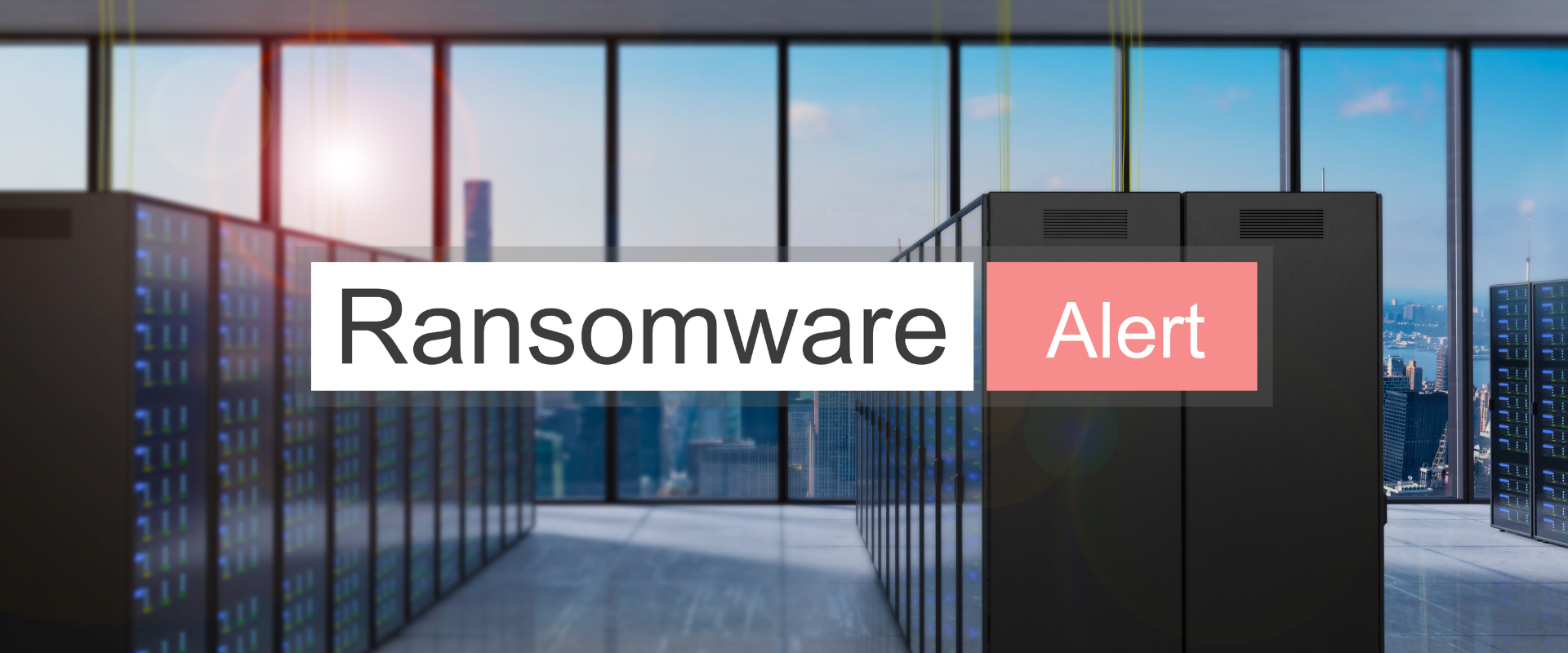
Building a Cybersecurity Culture Within Your Organization
By, Webmaster
- 9 Oct, 2024
- 1.5k Views
In today’s digital landscape, where cyber threats are becoming increasingly prevalent, fostering a robust cybersecurity culture within an organization is more critical than ever. While technical solutions and security measures are essential, the human element plays a pivotal role in the effectiveness of any cybersecurity strategy. This blog will explore how organizations can cultivate a cybersecurity culture that empowers employees and strengthens overall security posture.
Understanding Cybersecurity Culture
A cybersecurity culture encompasses the values, beliefs, and behaviors that shape how employees perceive and handle security within their organization. It goes beyond just policies and procedures; it involves instilling a sense of responsibility and awareness among all staff members, from the C-suite to entry-level employees. When everyone in the organization understands the importance of cybersecurity and their role in protecting sensitive information, it significantly reduces the risk of breaches.
The Importance of a Cybersecurity Culture
Enhanced Awareness: A strong cybersecurity culture ensures that employees are aware of potential threats and understand how to recognize them. This awareness can help prevent incidents such as phishing attacks, social engineering, and insider threats.
Empowered Employees: When organizations prioritize cybersecurity culture, employees feel empowered to take proactive steps to protect sensitive information. This empowerment can lead to increased vigilance and a collective commitment to security.
Faster Incident Response: A culture that promotes open communication about cybersecurity fosters a quicker response to incidents. Employees who are encouraged to report suspicious activities are more likely to do so promptly, allowing organizations to address threats before they escalate.
Compliance and Risk Management: Many regulations require organizations to demonstrate a commitment to security. A robust cybersecurity culture helps ensure compliance with legal requirements and minimizes risks associated with data breaches.
Reinforced Organizational Reputation: Organizations that prioritize cybersecurity culture build trust with customers, partners, and stakeholders. Demonstrating a commitment to protecting data can enhance the organization’s reputation and competitiveness in the market.
Strategies for Building a Cybersecurity Culture
To effectively cultivate a cybersecurity culture, organizations can implement the following strategies:
Leadership Commitment: Leaders must demonstrate a strong commitment to cybersecurity by prioritizing it in organizational discussions and decision-making processes. When leadership emphasizes the importance of security, it sets the tone for the rest of the organization.
Regular Training and Awareness Programs: Conduct ongoing training sessions that cover various aspects of cybersecurity, including threat awareness, best practices, and incident response procedures. Training should be interactive and engaging to ensure that employees retain the information.
Clear Communication: Establish clear communication channels for reporting security incidents or concerns. Employees should feel comfortable discussing potential risks without fear of repercussions.
Incentivize Security Practices: Recognize and reward employees who actively contribute to cybersecurity efforts, whether through reporting incidents or demonstrating good security practices. Incentives can motivate others to prioritize security.
Integrate Security into Daily Operations: Make cybersecurity a part of everyday business processes. Encourage employees to consider security implications in their roles, from development to customer interactions.
Promote a Learning Environment: Foster a culture of continuous improvement by encouraging employees to learn from mistakes and share lessons learned. After an incident, conduct a thorough review and discuss what could be improved to prevent future occurrences.
Engage Employees in Cybersecurity Initiatives: Involve employees in developing security policies or participating in cybersecurity exercises. Engaging staff in these initiatives helps create a sense of ownership and accountability.
Conclusion
Building a cybersecurity culture within an organization is essential for mitigating risks and enhancing overall security. By fostering awareness, encouraging proactive behavior, and prioritizing communication, organizations can empower employees to become the first line of defense against cyber threats. As the digital landscape continues to evolve, cultivating a strong cybersecurity culture will be a key factor in ensuring resilience and protecting valuable assets.
We hope you found this article helpful. If you have any questions or would like to learn more about how to strengthen your organization’s cybersecurity culture, feel free to reach out!
Recent Posts
- The Growing Threat of Distributed Denial-of-Service (DDoS) Attacks: How to Protect Your Organization from DDoS Threats
- Zero Trust: The Key to Safeguarding Your Digital Assets
- The Evolution of Ransomware: How to Prepare for the Future of Cyber Extortion
- The Rise of AI-Powered Phishing Attacks: How to Safeguard Your Business
- The Growing Threat of Insider Threats in Cybersecurity: How to Protect Your Business
Category
- Cyber Security (67)
- Vulnerability Assessment (51)







